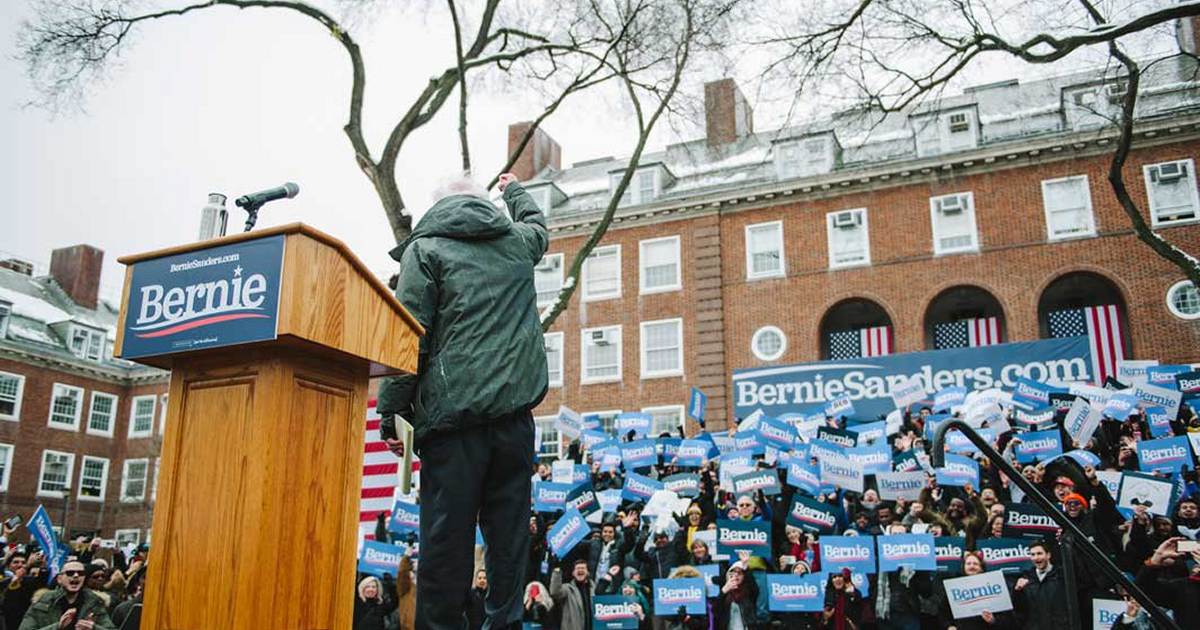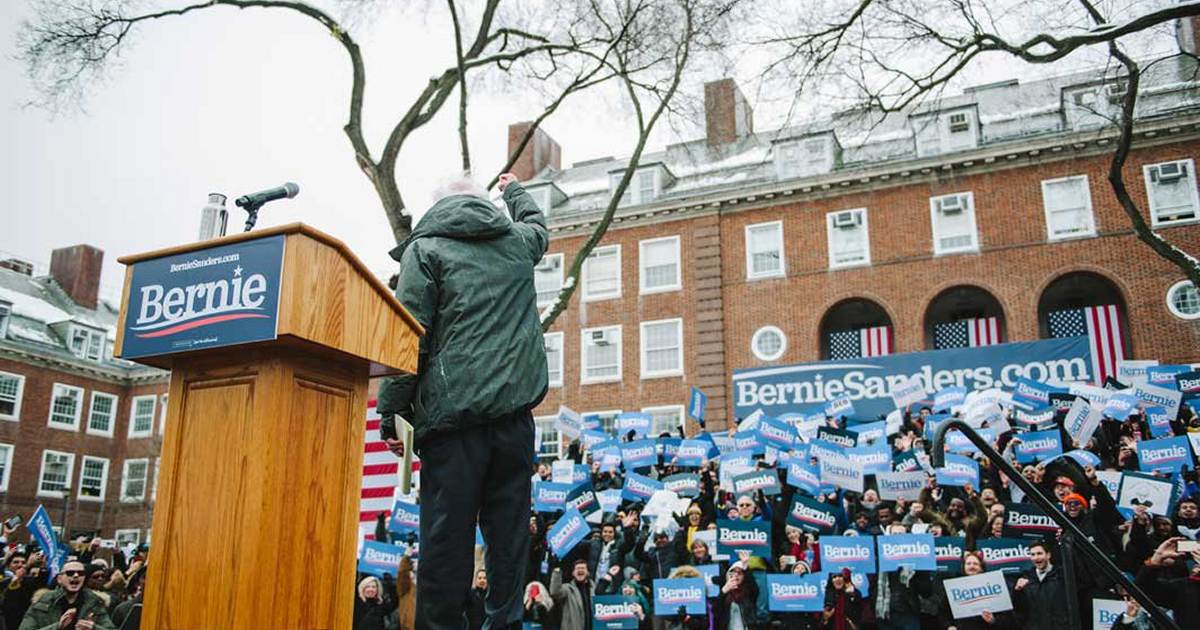U.S. Presidential hopeful Bernie Sanders has pledged to spend USD $150 billion to bring fast, affordable broadband to all Americans.

It may come as a surprise that reportedly 163 million Americans aren't able to access the internet at minimum broadband speeds; that is speeds equal to or greater than 25 Mbps. That's around half the population. Some of this has to do with the cost of plans, some of it is a case of the infrastructure not being in place.
Bernie Sanders wants to address the situation in an ambitious plan under his "Green New Deal" that he says will result in every American household having affordable, high-speed internet by the end of his first term.
Briefly, the plan involves:
- $150 billion to be provided for infrastructure grants and technical assistance for municipalities and/or states to construct publicly owned and "democratically controlled", co-operative, or open access broadband networks.
- All Internet Service Providers (ISPs) will be compelled to offer a basic plan offering fast internet connectivity at an affordable cost - pricing not mentioned.
- ISP and cable monopolies will be broken up and anticompetitive mergers unwound.
- In keeping in with his eye on climate change, broadband infrastructure will be made resilient to its impacts.
Senator Sanders says he will also ensure all public housing provides free broadband services to residents.
With regard to broadband speed generally, the Senator will increase the FCC definition of minimum broadband speeds to 100mbps download and 10mbps upload. Currently, the FCC's broadband definition is a minimum of 25 Mbps on the download and 3 Mbps upload.
Under a Sanders Administration, data caps would be out the window, and throttling banned. That data caps still exist today (including in Australia) is astonishing; they should have gone the way of the dodo (no pun intended) by now.
Further details on Bernie Sanders "High Speed Internet For All" aspirations can be found here.
UK Labour Goes Further
Broadband access and speed isn't just a hot election topic in the USA (or in Australia).
In November, the UK’s Labour Party pledged to provide fast - and free - full fibre-broadband to all households if it wins the election (which is looking unlikely). The ambitious and costly scheme would involve bringing aspects of BT into public ownership and creating a new British Broadband public service.
The plan has seen quite a bit of debate for and against, and has at times been mistakenly compared to Australia's NBN rollout - which recently earned a rebuke from ex-Australian Prime Minister Kevin Rudd.



